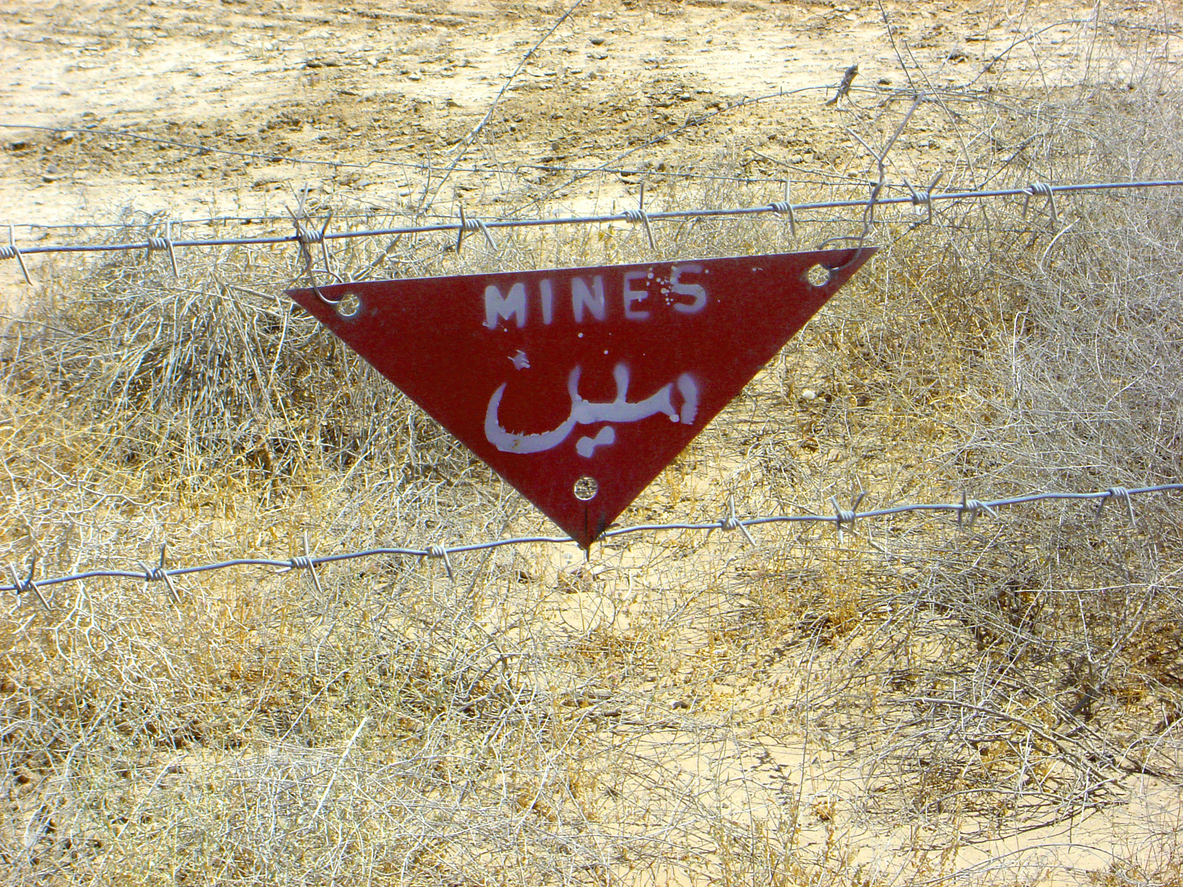Threats to be aware of and how to avoid them on your next trip to Afghanistan - High Risk Voyager
Posted in High Risk Travel Insurance travelling to Afghanistan, safety tips for Afghanistan, how do I stay safe in Afghanistan, High Risk Voyager Travel Insurance on 29 January 2020
Travel
Planning on travelling to Afghanistan? The vast majority of Afghanistan has been declared a 'no travel' zone by the FCDO, other than a few zones, all of which are still advised against 'all but essential travel' to, due to the high risk associated with it.
Regardless, you may be travelling there for Aid work, construction or journalistic work, to name a few, so, just for you, High Risk Voyager has put together some safety tips on how best to avoid threats in Afghanistan.
Following the death of General Qasem Soleimani in a US strike in Baghdad on 3 January, the tensions are particularly great, and with this a possibility of increased threat against Westerners in Afghanistan.
Consular support is not available in parts of Afghanistan where the FCDO advise against 'all travel' and severely limited where the FCDO advise against 'all but essential travel', meaning if you do get in trouble you could struggle to find support without suitable travel insurance.
Afghanistan is a 'high risk' location, and with that comes threats to be aware of and how best to avoid them whilst travelling there.

Crime and Poverty
Many areas of Afghanistan are in extreme poverty, making rich western tourists prime targets, especially women. Aside from mugging and associated violent crime, you may also be in danger of kidnapping for ransom money. General common sense will go far in helping to avoid this.
- Dress conservatively in local attire. This will help you avoid too many stares and offending people at first glance.
- Avoid flashing money and expensive gear around such as your phone, camera, or expensive clothing.
- Be particularly careful out at night, if possible avoid it altogether.
- Some people recommend exploring with reputable local contacts/ guides as an extra level of safety.
- Don't be too loud and overzealous. It should go without saying that being loud and causing a scene, especially in a foreign language, is going to draw attention to you.
- Avoid walking the same route every day, or lingering too long in public places, such as outside governmental of Non-Governmental Organisations (NGO) buildings.
- Don't tell people you are travelling alone or where you're staying unless you can be sure you trust them.

Avoid becoming engaged with Political and Religious Events
Steer well clear of political or religious gatherings and hotspots such as rallies, demonstrations and polling stations, as there could be a great chance of conflict arising at such events, especially given that the existing political climate in Afghanistan is so volatile.
Similarly there have been a number of violent attacks on both Afghan and Western NGO's, with some NGO workers being injured, killed or kidnapped.
If you're affiliated with an NGO, be sure to keep your wits about you, consult your NGO for the best safety practice and refer to the International NGO Safety Organisation (INSO).

Unexploded Ordnance
If you spend time in Afghanistan outside of the cities - 'popular' options being around the Bamiyan, you will do well to stick to the more trodden paths. Many rural areas in Afghanistan have numerous unexploded land mines and bombs from prior violent activity. This poses considerable threat to life for wanderers, as despite being underground, they have capacity to explode underfoot with terrible consequences.

Natural Disaster
As well as man-made threats, Afghanistan is a major Earthquake zone, and thus you may consider monitoring platforms to assess the likelihood while you are there, and understanding safety procedures in the event of it happening. Flooding and avalanches are also common.
The blog 'Lost with Purpose' also recommends Couchsurfing as a solution in part to many of these problems. According to them, there are numerous reputable Couchsurfing hosts available across Afghanistan and will allow you to make local contacts wherever you go, who can recommend safety practice, reputable travel services and perhaps act as a guide.
Get Covered with High Risk Voyager Travel Insurance
When travelling, especially to high risk locations, nothing is more important than Travel Insurance. High Risk Voyager Travel Insurance is specifically designed to suit people travelling to high risk locations, with enhanced protection and emergency assistance, even in countries the FCDO have advised 'against all' or 'all but essential' travel such as Afghanistan!
With a 24/7 emergency medical helpline and access to the 'One Tap Emergency Response' App, Emergency Medical Expenses cover up to £1,000,000, Emergency Medical Evacuation cover up to £1,000,000, as well as cover for PTSD treatment, optional cover for Baggage, Personal Accident or Cancellation / Curtailment and much, much more, High Risk Voyager Travel Insurance can offer peace of mind and financial protection from the unexpected on your next business or leisure trip.
We can also offer stand-alone Kidnap and Ransom insurance as an optional separate added policy for extra protection and peace of mind should you or your employer feel you need it for your upcoming trip!
The sources used for this article are primarily the UK government website and travel blog 'Lost With Purpose'.
Stay safe and avoid threats in Afghanistan! Get a Travel Insurance quote today from High Risk Voyager Travel Insurance here.
This article is for information and entertainment purposes only. It does not constitute advice in any way. The information provided here is correct at the time of writing however please check the latest policy wording for the latest terms, conditions and exclusions.
Other Related News Articles...
- War Breaks Out in Sudan – What Has Happened?


